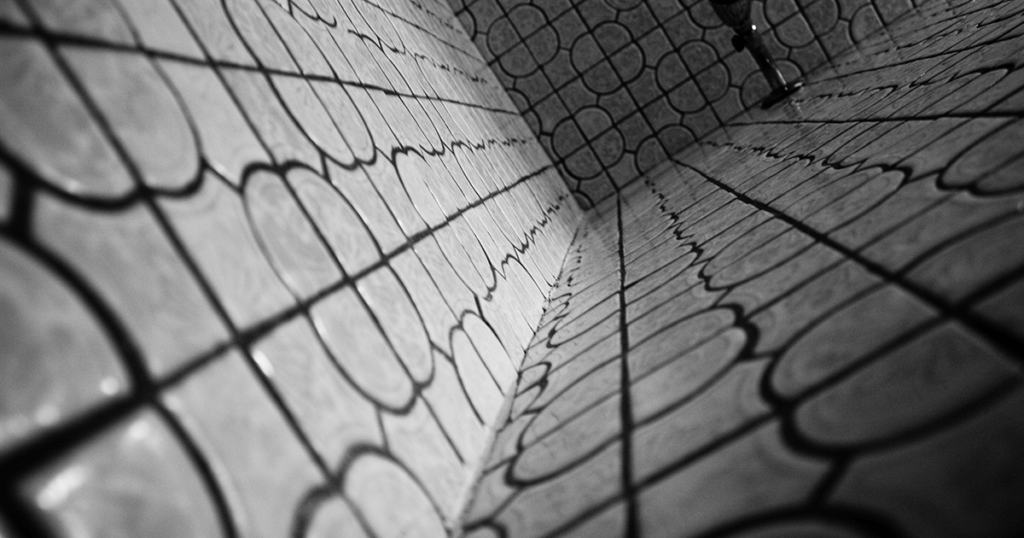
The false confession is a staple of murder mysteries. Usually someone takes the blame to cover for somebody else, and the detective has to figure out why. Though false confessions are not as common as false accusations, TV shows from Law & Order to The Wire can’t do without them.
The false confession points to a logical problem inherent in language. There is nothing to assure us that any statement, even a confession of wrongdoing, is truthful, sincere, and accurate. In his Confessions, Jean-Jacques Rousseau recollects stealing a ribbon as a boy and blaming a poor servant girl. Why confess? Because it implies that the confessor is a truth-teller. After all, who would admit to a crime or a dishonorable act if he or she were innocent?
To literary critics, the case of Rousseau’s stolen ribbon amounts not to a confession but to an excuse. While that distinction needn’t detain us here, I would say merely that the epistemological uncertainty surrounding the confessional mode can prove useful to the artist in the arena that he or she controls.
A few years ago, we tried the fake apology as a prompt. How about the false confession? Write 15 lines or less (or a prose paragraph) in which you take responsibility (or credit) for having done something despicable, nasty, improper, unexpected, or unusual. The intent may be satirical, but it doesn’t have to be.
As for me, on Sunday my wife and I were spending a lazy day, and when one of us said so, it occurred to me that a Parisian might hear those words as les idées—that is, “ideas” or “the ideas.” I might just try to make a poem out of this pun, and anyone wishing to do the same should feel free to use the comments space for any such effort.
Deadline: Saturday, October 20, midnight any time zone.


